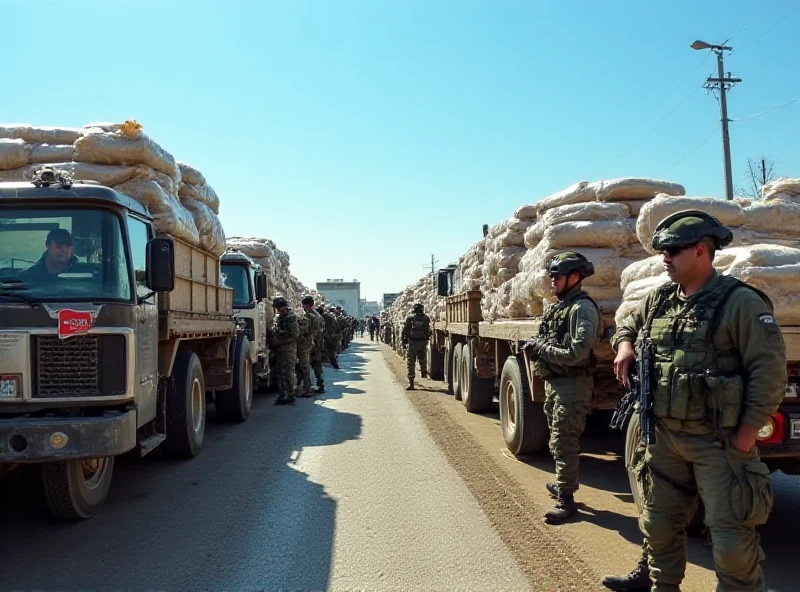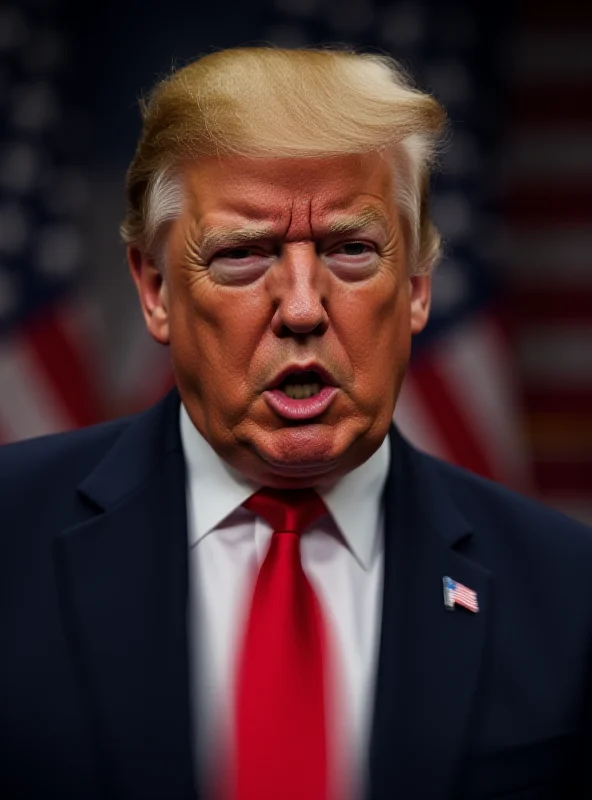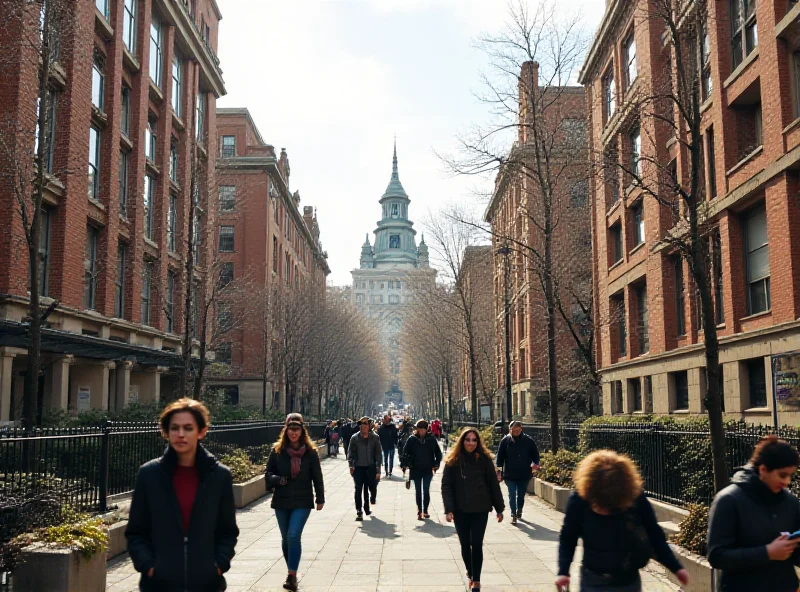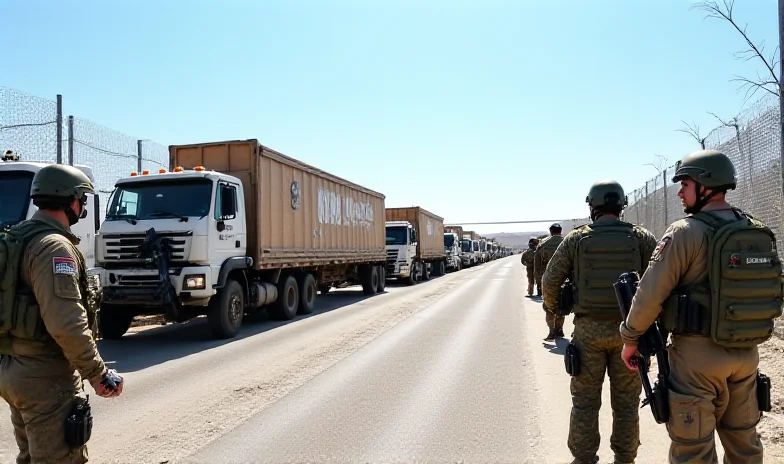Tensions in the Israeli-Palestinian conflict continue to escalate as Israel has halted the entry of goods and supplies into the Gaza Strip. This decision comes after Hamas rejected a proposed cease-fire framework, further complicating already strained relations. The move raises concerns about humanitarian conditions within Gaza and the prospects for a peaceful resolution to the ongoing conflict.

The Cease-Fire Breakdown
A previous six-week cease-fire, which began on January 19, saw Hamas release 25 hostages and eight bodies in exchange for actions taken by Israel. However, the recent rejection of a new cease-fire proposal underscores the deep divisions and mistrust between the two sides. The specific terms of the rejected framework remain undisclosed, but the breakdown has led to immediate consequences for the people of Gaza.
The halt in supplies exacerbates an already dire situation in Gaza, where access to essential goods is limited. This action is likely to draw criticism from international organizations and human rights groups, who have repeatedly called for unimpeded humanitarian access to the region.
Trump's Influence and Hamas's Response
Adding another layer of complexity, Hamas has brushed off threats from former U.S. President Donald Trump, reiterating that they will only release the remaining Israeli hostages in exchange for a lasting cease-fire. Furthermore, Hamas has accused Trump of encouraging Israeli Prime Minister Benjamin Netanyahu to evade a cease-fire deal in Gaza. According to a statement, Trump's aggressive posture has emboldened Netanyahu's decision to bypass the agreement, thereby complicating the prospects for peace.

"Hamas's rejection of the cease-fire and their accusations against Trump highlight the significant obstacles to achieving a lasting peace in the region," says political analyst Sarah Klein. "The situation is incredibly fragile, and any misstep could have devastating consequences."
Columbia University Probes Student Criticism
Meanwhile, in the United States, Columbia University is investigating students who have expressed criticism of Israel. This investigation, conducted by the Office of Institutional Equity, follows a series of disciplinary cases against students, including senior Maryam Alwan, who wrote an Op-Ed calling for divestment from Israel. The university's actions have sparked debate about academic freedom and the limits of acceptable political expression on campus.

The intertwining of international politics and domestic affairs underscores the complexity of the Israeli-Palestinian conflict. The halt of supplies to Gaza, coupled with the ongoing political rhetoric and university investigations, paints a picture of a deeply polarized and volatile situation with no easy solutions in sight.
